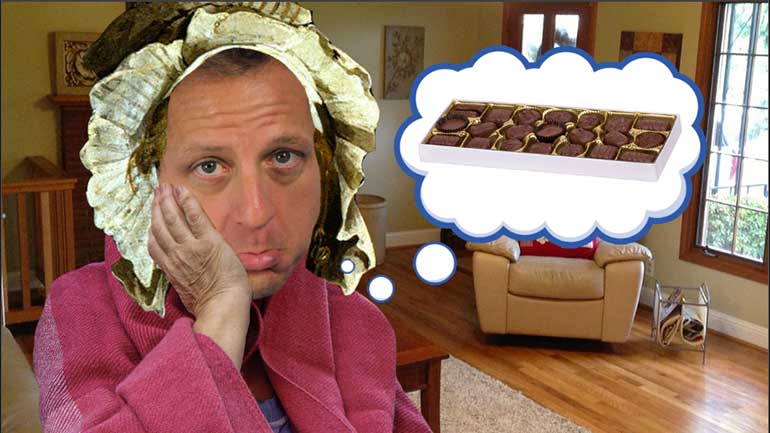ShmoopTube
Where Monty Python meets your 10th grade teacher.
Search Thousands of Shmoop Videos
History of Technology 6: Perfecting Paper 13 Views
Share It!
Description:
How did we perfect paper? Easy. Lots of blush, and a little eyeliner. Or...maybe not. We better watch this video to find out. Care to join us?
Transcript
- 00:00
By the 1200's papermaking had hit the european scene and it had a little
- 00:08
[a faced piece of paper receiving a makeover] makeover along the way come on who wouldn't freshen up its a long trip
- 00:12
from China to Europe while Arab cultures had first used water powers hammers to
- 00:17
smash the cloth fibers in Europe the name of the game with paper mills these [paper mill with a flying fairy]
- 00:22
were like pre-industrial factories that relied on water power and just a little
Full Transcript
- 00:26
bit of pixie dust this early water powered process was crazy slow and
- 00:31
complicated but it was still efficient enough to make the price of paper in [graph showing drop of price in paper]
- 00:35
Europe drop by about 400 percent so the process was nothing to sniff at
- 00:40
especially because the whole thing smelled kind of bad today we all know
- 00:44
that paper comes from trees not scraps of cloth but a medieval European would [a laughing medieval european at a present day man]
- 00:49
have laughed us out of town if we told them that so when did the change occur
- 00:53
well in the 1840s a German named FG Keller figured out how to turn wood
- 00:59
chips into paper pulp which is kind of like a tree smoothie warning do not try [wood being placed into a woodchipper]
- 01:05
ordering this at the juice shop seriously really learn from our mistakes when
- 01:09
the 1890s they started using chemicals to break the wood down into pulp
- 01:13
this made the whole process even faster once we could reliably turn trees into [a papermill factory]
- 01:18
paper a whole new era of cheap printing came into being and a whole new era of
- 01:23
deforestation when Lorax would not call any of this progress still paper was the
- 01:29
big boss of pre electric communication there were basically two ways to
- 01:33
[two diverging paths on a country road] communicate in the pre-modern world talk to someone or write something down and
- 01:38
shockingly enough writing something down was only a possibility if there was
- 01:42
something on which to write how could medieval people send long-distance [a monk writing on his own hand]
- 01:45
messages without paper writing on their own hands may have been good for notes
- 01:50
to self but folks would have had to chop off a hand to send that note to someone
- 01:56
else and we can't think of any message that's quite that important okay so what [monk throwing a meat cleaver]
- 02:00
did all this cheap paper mean well for one thing it meant that it was possible
- 02:04
for writings to be copied and distributed much more easily than ever
- 02:08
before and as more people started reading the writing society got a
- 02:12
facelift some scholars have even claimed that paper [teacher pointing at the chalkboard]
- 02:15
encouraged a new spirit of religious reform more and more people in Europe
- 02:20
were soon able to read the Bible for themselves
- 02:22
[A man giving a speech] and they started saying hey you Catholic priests they're kind of fudging on some
- 02:27
things next thing Europe knew it had the
- 02:30
Protestant revolution on its hand and some may think that there's nothing more
- 02:34
boring than watching paper you know be paper but back in the day paper [piece of paper being lit on fire]
- 02:38
ignited human thought in ways that forever changed who we are has it been
- 02:43
worth the sacrifice of so many trees maybe maybe not but at least the trees
- 02:49
have paper cuts as revenge [a tree laughing]
Up Next
GED Social Studies 1.1 Civics and Government
Related Videos
When you're about to marry the love of your life, not many things could stop you. However, finding out that your future hubby is keeping his crazy...
Here at Shmoop, we work for kids, not just the bottom line. Founded by David Siminoff and his wife Ellen Siminoff, Shmoop was originally conceived...
ACT Math: Elementary Algebra Drill 4, Problem 5. What is the solution to the problem shown?




